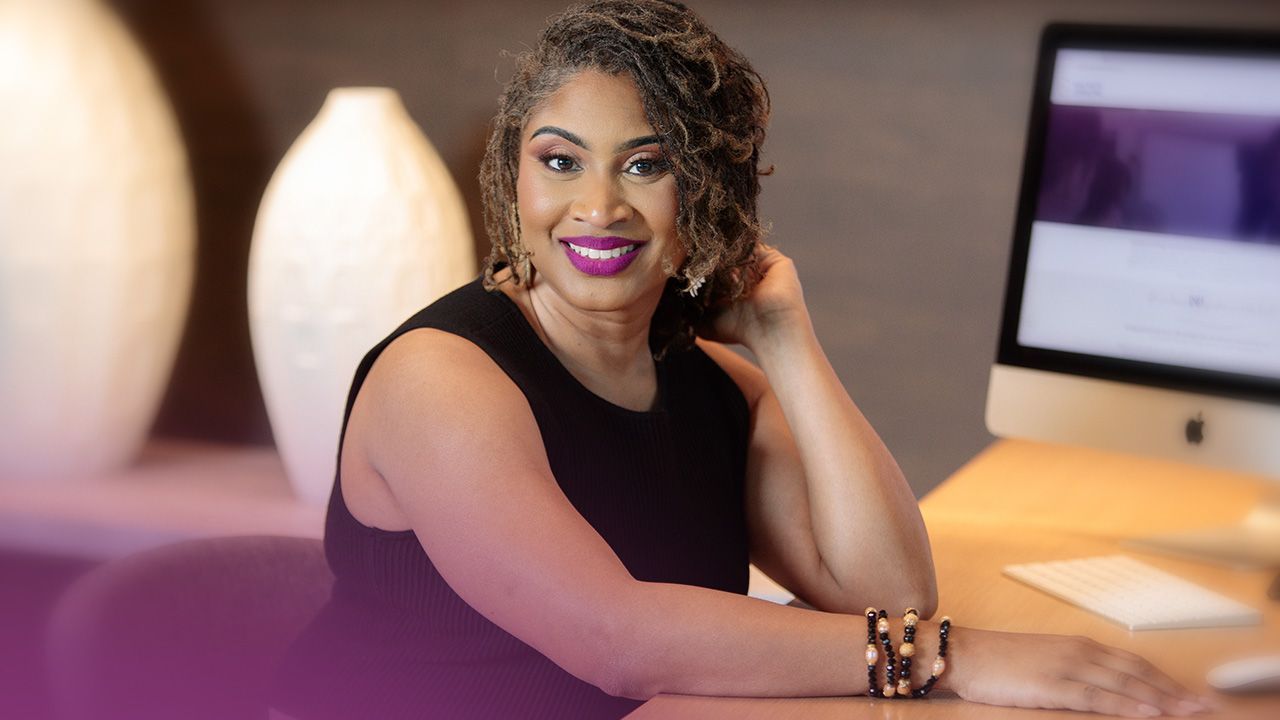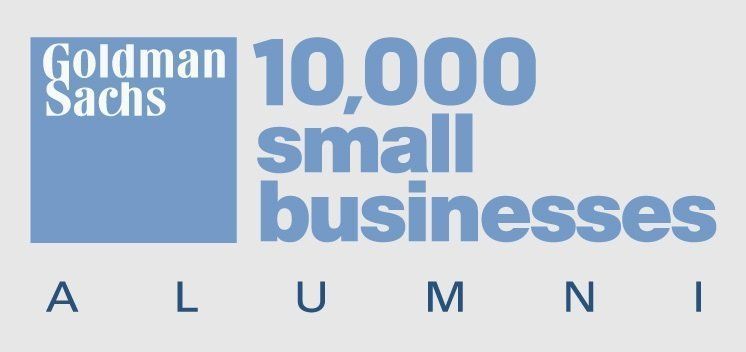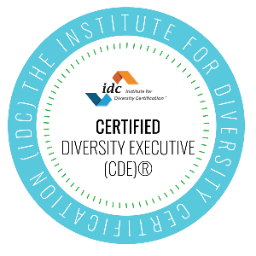Complex Conversations—How To Support Individuals Just Arriving To The DEI Table
Someone earns the title of being an ally by “doing the work.” But, the process of allyship can be a tricky thing. Some people have been doing the work for a long time and some people are just arriving to the table this week.
I know this is going to be a tough topic and I’ll attempt to cover it as carefully as possible and share some perspectives. I don’t have the ultimate answers, only my perspective, and my experiences.
In the Diversity, Equity, and Inclusion space, everyone has their own style and convictions with the work we do. For some people, it is to come across intense and combative in the attempts to take down the strong and inherent structures of racism. For others, they go about it more subtly. Others sit in the middle. Everyone has their own space within this work. And I respect that.
For me, I have felt it’s so important to create a balance between saying what needs to be said (without diluting the work), while also extending an amount of grace to people who are late to entering the conversation or not quite as knowledgeable.
Because the truth is, many people are just “waking up” to racism, privilege, and structural disenfranchisement.
Of course, it can be easy and ideal to work with companies and organizations who are already “awake and aware” of the concepts of unconscious bias and systemic racism. And our work would honestly be much easier if that were the case. But, it is not. Many times, people are just now coming to the DEI conversation.
In today’s post, I want to reflect and share some thoughts on the varied approaches and responses to potential allies who are just “coming to the table.”
It Can Be Hard to Face White Privilege
The reality is that it’s hard for White people to face white privilege. I understand that. The thing is—it should not be viewed as a burden or a source of guilt, but more of an opportunity. An opportunity to make a difference, to create a more equitable world.
I do feel that the more people grow their awareness of privilege, the more there can be unintentional shaming. I believe that’s a problem, but also an opportunity in our space.
For one example, last week I was on LinkedIn and a DEI practitioner was really bashing an organization saying, “I’m tired of you organizations putting out these statements standing in solidarity of the Black community, when you don’t have anyone in C-suite level or management level who is Black.”
First of all, I get it. And they are right.
There 100% needs to be more representation at the C-suite level (and all levels) with Black people and other People of Color.
But our work is the work of progress and process.
Do we attack the organization? Or do we help facilitate them into that new future?
I believe we find ways to support them so that next year when we have this conversation, they now have BIPOC in C-suite roles and look back on these conversations as things from the past.
Another example is that I sometimes see DEI practitioners say, “OK, I’ve seen you put out these BLM statements but never once before did you do anything for communities of color. So why should we trust you now?”
Again, I get it. I do. And you are right in your hesitance to trust. But, we must extend grace in that they could be *just now* getting the revelation and the awareness towards equity. Everyone is always on their own path of learning.
That said, the lack of awareness does not exonerate us from others experiencing the consequences of our actions. This is why this work must be done and why we must facilitate the shift in the best way we can.
So even if at first it feels “just like talk” I like to ask… since they are “in it” now, what are we going to do with that?
Are we going to push them away by attacking them? Or are we going to facilitate to help create that new future? How do we support their shift into the new reality we desire?
Supporting The Change
My main goal—is that instead of demonizing people for potential and initial performative actions, how do we make sure we provide support and guidance so the change they make is real and the words they put out have weight to stand on?
I think it first begins with us really recognizing and standing firmly that “the main goal is the main goal.”
And the main goal is to work towards creating equity in society, business, and life.
The main goal is NOT to weaponize people right now or cause them to back away, but it is to facilitate them to do the hard work at its core. Where it’s not just about activity, but about impact.
For more resources and actionable tips on creating impact—including connecting your policies to your goals, conducting inclusive culture audits, and creating diversity resource plans—here’s a whitepaper I did on Activity vs. Impact: Five Ways To Boost Success In Diversity Initiatives.
Personally, I have been encouraged by the shift and how people are asking about DEI services more and more. It used to be quick requests of “I need a training” or “I need an assessment” or even “I need a way for my Black colleagues to stop complaining about discrimination”.
Now, it’s more action-oriented and people are coming to the table with a more long-term attitude after experiencing a paradigm shift around this work.
Instead of those quick requests, people are now saying:
“Hey, Nika. We need a plan that can expand over multiple years and goes over all elements of our organization so we can deliver on DEI in everything that we do.”
To me, that sounds much better and sounds like we’re making some progress. Let’s not hinder that progress because we might have to take steps back because we aren’t giving people a safe way to enter the conversation.
We Can’t Only Lead With Our Emotions
This may not be a popular belief, but sometimes we have to quiet our egos and emotions and lead with intellect.
There would be no point (and frankly no jobs) in the DEI world if we expected people to “get it” right out of the gate. And if that means the entryway into the conversation is allowing people to not be at a place where we’d ideally like them to be… then again, we must extend grace.
As DEI practitioners, we can’t come across as expecting people just to get this immediately. People have been conditioned to operate as they are and our job is to support and create the shift in their mindset and actions.
Do we attack or denigrate them? Or do we find ways to engage them and build trust—and use that trust to help shift the world?
Navigating this concept is difficult. Some people will think I’m not being true to the work, and others will agree with me.
But, we can’t just go around throwing anger, aggression, or extreme judgment at people. If people feel attacked, they’re not going to engage. Some people can have that more aggressive approach, but I think that is potentially going to diminish the efforts of the entire effort.
If we react too emotionally when doing this intense work, where our outcomes are tied to business data and results, it can hamper our ultimate goal of equity for reactivity in the moment.
This is why I say to lead with intellect first, and not just emotions.
So, How Can You Support “Newly Aware” Leaders and Stakeholders?
The truth is that now is the time. Leaders are more open than ever to take guidance from their Chief DEI officers, Heads of Diversity, HR leaders, and/or DEI consultants.
Let’s leverage that to the best of our ability. Let’s strike while the iron is hot.
As practitioners, we must be willing to go on this journey with our clients. If we’re trying to manage up with our internal stakeholders and hoping for them to immediately “get it”, it’s going to be a more difficult journey.
We are there to consult and support the shift. As people unlearn the historical, unconscious, and systematized systems of inequity, we must help them to think about some of those tough subjects they haven’t been able to broach or understand.
That said, it doesn’t mean that everyone is going to say “Yes! We’re going to do this work and do everything you said right away!” These are business leaders too and they have to make many critical decisions all the time and while DEI is critically important (and what I’m most passionate about), they have to also currently make decisions around Covid-19, the economy, hiring and firing, running the business, etc — so don’t neglect that. Extend patience to the people we are working with.
I think as DEI practitioners and HR professionals, we need to be willing to manage up and say to those C-suite leaders that right now the voice of DEI doesn’t necessarily have to be the DEI person… It has to be YOU, Mr. CEO or Mrs. CEO. You need to own carrying that banner, and all those who are direct reports will follow the lead.
I always say, “We don’t have to own the intent, but we have to own the impact.”
I think that leaders of all types are getting a taste of that… what does it mean to own the impact?
And that can be pretty heavy for people too. Many people think “I’m not the one who invented racism” and yes, you didn’t invent it, but you are benefiting from it. If you are a white person in society today, you are benefiting from the history and systems of racism. So, even if you didn’t participate in or invent the systems, you do benefit from them. So own the impact.
The Time Is Now.
I can’t repeat this enough. Everything in DEI is so complex. But, it’s time to rise to the occasion. People are open to it. It’s time to be willing to broach the conversation we’ve been holding onto for the perfect storm to occur.
Right now, this is the perfect storm.
We must not be diehard that one way is the only way. Or that everyone must be perfect. It’s just too difficult, too vast, and too complex.
Again, as I always say and repeat, we must extend grace and always focus on the long-run, ultimate outcome of equity.
We have nowhere to go but up.
The question is—how do we blend these varied approaches (where we both denigrate the current racism and biases but also create a supportive space for action) where we are doing it and then getting impact and some results?
How do we extend that grace and compassion for those who are just now open to engaging in this journey?
It’s an ongoing process that involves education, communication, compassion, and work. And I encourage you to join the shift and the journey.






